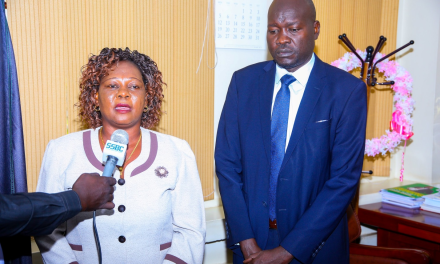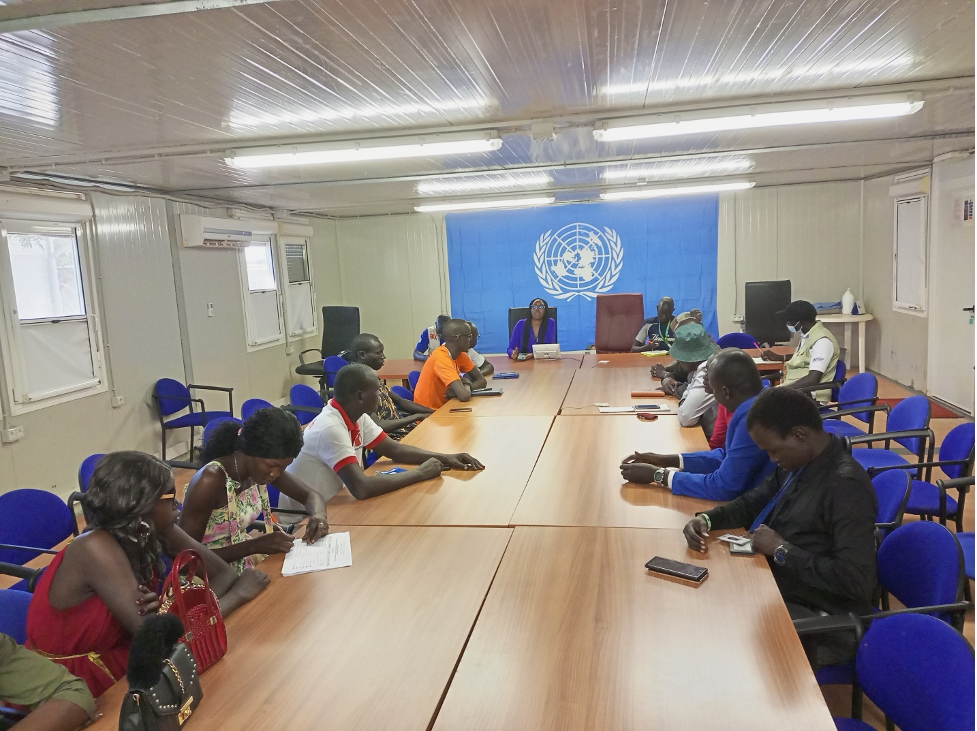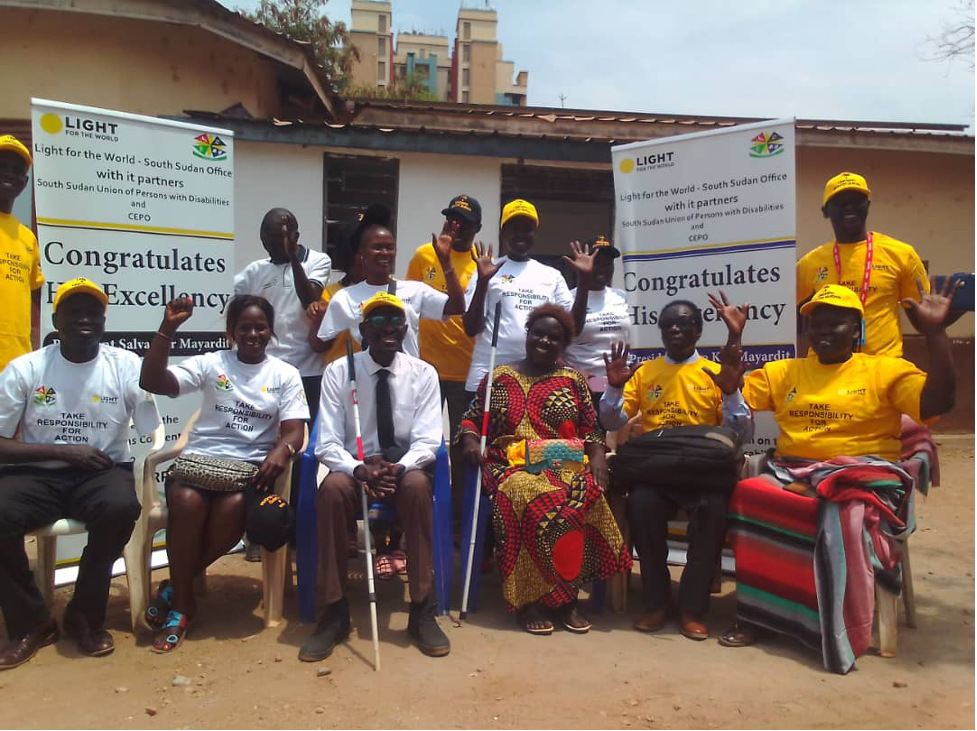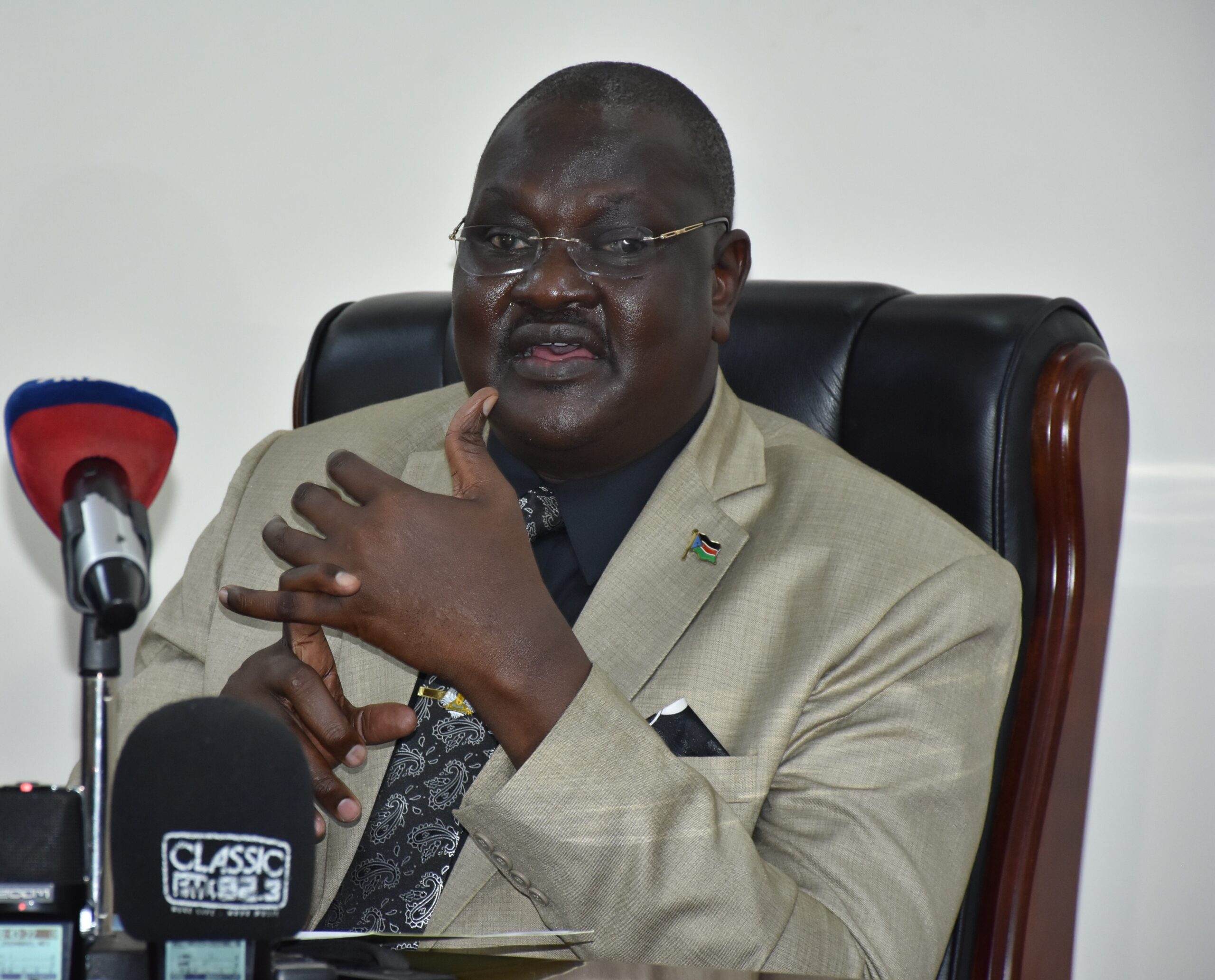
Peace Monitor body bogged down due to insufficient political
By Simon Deng
The South Sudan peace process has failed to register significant progress due to insufficient political will and lack of dedicated and predictable funding, peace monitors said on Thursday.
Charles Tai Gituai, Chairperson of the Reconstituted Joint Monitoring Evaluation Commission (RJMEC) urged the parties to the 2018 revitalized peace agreement to demonstrate the necessary political will by availing funding for the outstanding critical peace tasks to convince the international community to provide its share of funding to the peace process.
“There is an unprecedented need to do things differently this time around. A clear demonstration by the Revitalized Transitional Government of National Unity (RTGoNU) to mobilize sufficient resources to implement the agreement would be a strong indication of political will and commitment,” Gituai said during the meeting of RJMEC members in Juba.
Gituai noted that insufficient funding for security mechanisms and their activities, and poor logistical support to training centers and cantonment sites, have hampered the speedy implementation of the security arrangements under chapter 2 of the peace agreement.
He disclosed that some of the critical security mechanisms include the Disarmament, Demobilization, and Reintegration (DDR) Commission, which is critical for the stabilization of the country.
The parties on Sept.13 extended the transitional period for another three years eventually postponing elections that were due to place in December 2024 to December 2026.
South Sudan is supposed to train and graduate a total of 83,000 unified forces, including the police, prisons, intelligence, military, wildlife, and fire brigades. The government graduated 53,000 unified forces in the first phase in August 2022, but most of these forces have yet to be deployed.
Gituai, however, noted some progress in terms of governance with the recent move by the Political Parties Council (PPC), the National Elections Commission (NEC), the National Constitutional Review Commission (NCRC), and the National Bureau of Statistics (NBS) to avail their timeline and budget to the RTGoNU covering the extended transitional period.
RJMEC also welcomed the validation of the final report of the ad hoc Judicial Reform Committee (JRC) which nears completion of its mandate, as provided for under Article 1.17 of the Revitalized Agreement on the Resolution of Conflict in South Sudan (R-ARCSS). “A reformed, effective, independent, and impartial judiciary in South Sudan will anchor justice, liberty, and the rule of law before, during, and after elections, and for the future generations. It is now incumbent upon the RTGoNU to adopt this report and to effectively and expeditiously implement the recommended reforms,” Gituai said.




































